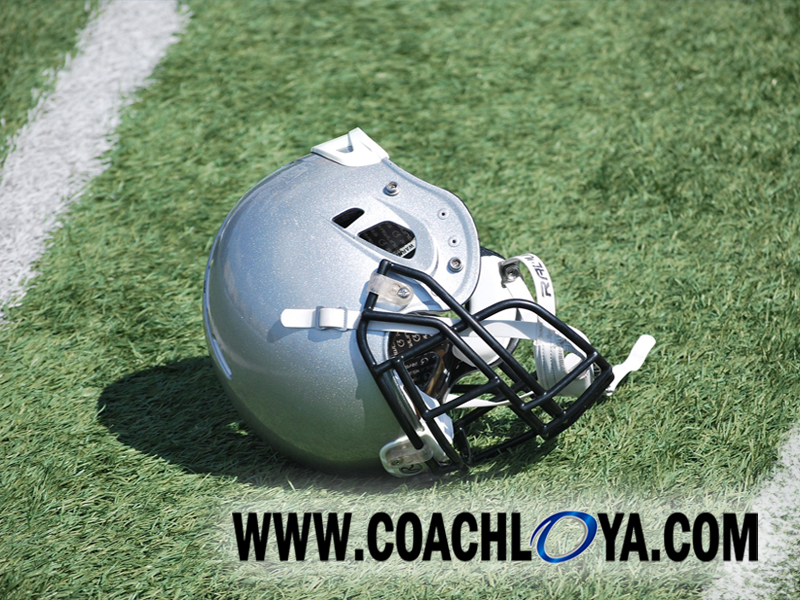Oakland Raiders wide receiver Antonio Brown has been in the headlines lately over a dispute about his helmet. The helmet Brown has worn for the duration of his career is no longer approved for use in the National Football League, and the all-pro player is resisting the mandate to transition to the new design.
I don’t know Antonio Brown, and I have no direct knowledge of his situation. I am reluctant to allow my opinions to be swayed by third hand accounts or cleverly spliced news clips that may portray biased narratives. For those reasons, I am not advocating for or against Antonio Brown’s stance.
Furthermore, I try to keep Teammate Tuesdays free of negativity or controversial topics. My objective is to help readers understand and cultivate the mindset of a good teammate. I only mention Antonio Brown’s name to provide context to a quote I read over the weekend from a retired professional football player that I feel offers insight into a good teammate’s mentality.
When asked about Antonio Brown’s situation, former Seattle Seahawks wide receiver Doug Baldwin explained to USA Today why players wouldn’t want to switch to a newer, safer helmet.
“Their argument is it comes back to aesthetics: This (old) helmet is sleeker, it looks better, whatever the case may be. That’s just—to me personally, as a husband and as a father—it’s just not a sound argument,” Baldwin said.
Baldwin also wore the same helmet for most of his career, but he switched to one of the newer, safer helmets once he realized how much more likely they were to protect his head from injury. He loved his old helmet. It was lighter, smaller, and more comfortable to him. The data, however, was too compelling for him to overlook.
Baldwin’s rationale for switching helmets illustrates the decision-making process of a good teammate. He considered the risks of continuing to use his old helmet and what sustaining a head injury would mean to his immediate team (his wife and children). When he factored their long-term wellbeing into the equation, his decision became an easy choice.
Most people tend to only consider what is best for themselves. They don’t think about how their decisions affect the other members of their team. They think What is best for me? instead of What is best for my team?
Unfortunately, that is the sort of selfish thinking that causes toxicity on teams—and not just sport teams, either. All teams (communities, families, staffs, etc.) breakdown when the basis for decisions becomes self-serving, as opposed to team-serving.
Good teammates see beyond the instant gratification of their decisions. They’re aware of the ripple effect of their actions and are mindful of the big picture. Because of that, they’re willing to sacrifice their comfort zone for the betterment of their team. They are able to endure inconveniences for the sake of their teammates.
You may not be involved in a “helmet” problem on your team, but you might be entangled in a selfishness problem. If so, consider whether you are thinking What’s best for me? or What’s best for my team? Your solution will be found in your answer.
As always…Good teammates care. Good teammates share. Good teammates listen. Go be a good teammate.




